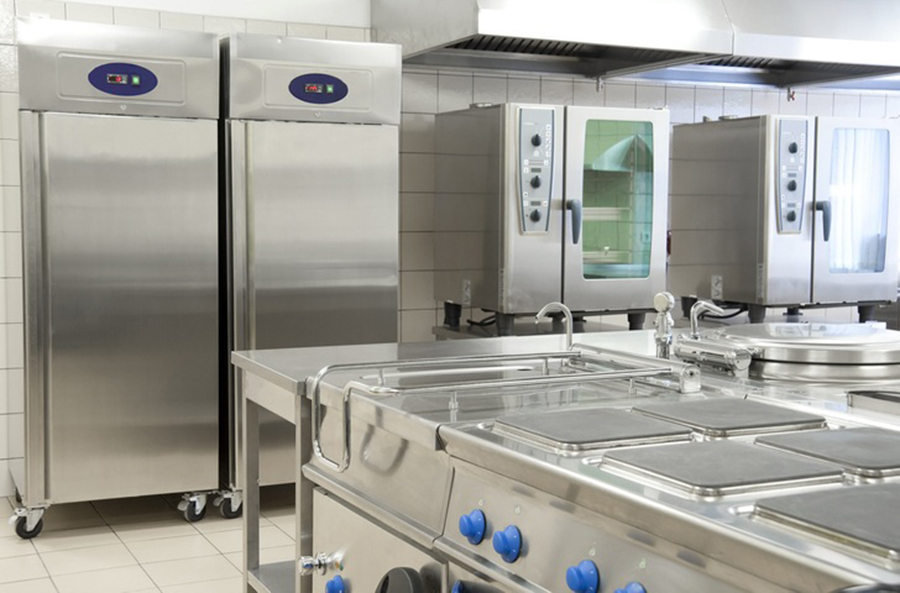
-
 Afrikaans
Afrikaans -
 Albanian
Albanian -
 Amharic
Amharic -
 Arabic
Arabic -
 Armenian
Armenian -
 Azerbaijani
Azerbaijani -
 Basque
Basque -
 Belarusian
Belarusian -
 Bengali
Bengali -
 Bosnian
Bosnian -
 Bulgarian
Bulgarian -
 Catalan
Catalan -
 Cebuano
Cebuano -
 Corsican
Corsican -
 Croatian
Croatian -
 Czech
Czech -
 Danish
Danish -
 Dutch
Dutch -
 English
English -
 Esperanto
Esperanto -
 Estonian
Estonian -
 Finnish
Finnish -
 French
French -
 Frisian
Frisian -
 Galician
Galician -
 Georgian
Georgian -
 German
German -
 Greek
Greek -
 Gujarati
Gujarati -
 Haitian Creole
Haitian Creole -
 hausa
hausa -
 hawaiian
hawaiian -
 Hebrew
Hebrew -
 Hindi
Hindi -
 Miao
Miao -
 Hungarian
Hungarian -
 Icelandic
Icelandic -
 igbo
igbo -
 Indonesian
Indonesian -
 irish
irish -
 Italian
Italian -
 Japanese
Japanese -
 Javanese
Javanese -
 Kannada
Kannada -
 kazakh
kazakh -
 Khmer
Khmer -
 Rwandese
Rwandese -
 Korean
Korean -
 Kurdish
Kurdish -
 Kyrgyz
Kyrgyz -
 Lao
Lao -
 Latin
Latin -
 Latvian
Latvian -
 Lithuanian
Lithuanian -
 Luxembourgish
Luxembourgish -
 Macedonian
Macedonian -
 Malgashi
Malgashi -
 Malay
Malay -
 Malayalam
Malayalam -
 Maltese
Maltese -
 Maori
Maori -
 Marathi
Marathi -
 Mongolian
Mongolian -
 Myanmar
Myanmar -
 Nepali
Nepali -
 Norwegian
Norwegian -
 Norwegian
Norwegian -
 Occitan
Occitan -
 Pashto
Pashto -
 Persian
Persian -
 Polish
Polish -
 Portuguese
Portuguese -
 Punjabi
Punjabi -
 Romanian
Romanian -
 Russian
Russian -
 Samoan
Samoan -
 Scottish Gaelic
Scottish Gaelic -
 Serbian
Serbian -
 Sesotho
Sesotho -
 Shona
Shona -
 Sindhi
Sindhi -
 Sinhala
Sinhala -
 Slovak
Slovak -
 Slovenian
Slovenian -
 Somali
Somali -
 Spanish
Spanish -
 Sundanese
Sundanese -
 Swahili
Swahili -
 Swedish
Swedish -
 Tagalog
Tagalog -
 Tajik
Tajik -
 Tamil
Tamil -
 Tatar
Tatar -
 Telugu
Telugu -
 Thai
Thai -
 Turkish
Turkish -
 Turkmen
Turkmen -
 Ukrainian
Ukrainian -
 Urdu
Urdu -
 Uighur
Uighur -
 Uzbek
Uzbek -
 Vietnamese
Vietnamese -
 Welsh
Welsh -
 Bantu
Bantu -
 Yiddish
Yiddish -
 Yoruba
Yoruba -
 Zulu
Zulu
Renowned Rebar Thread Rolling Machines for Precision and Efficiency in Construction
The Importance of Rebar Thread Rolling Machines in Construction
In the ever-evolving construction industry, the demand for efficient, durable, and cost-effective solutions is paramount. One key player in achieving these goals is the rebar thread rolling machine. This machine is designed to produce high-quality threaded rebar, providing significant advantages in construction applications. As the construction sector continues to expand, understanding the importance and functionality of rebar thread rolling machines becomes essential.
Introduction to Rebar Thread Rolling Machines
Rebar, or reinforcing bar, is a critical component in concrete construction. It is used to reinforce structures, giving them the strength and durability needed to withstand various stresses. Traditional methods of joining rebar often involve welding or using lap splices, which can be time-consuming and labor-intensive. In contrast, rebar thread rolling machines streamline this process by creating threaded ends on rebar, allowing for quicker and more secure connections.
What is a Thread Rolling Machine?
A rebar thread rolling machine is a specialized piece of equipment that cold-rolls threads onto the ends of steel bars. This process involves using two or more hardened rollers that press against the rebar as it is fed through the machine. As the rollers move, they deform the metal, creating sharp, precise threads. The resulting threaded rebar can then be easily connected using couplers, ensuring a strong and reliable joint.
Advantages of Threaded Rebar Connections
1. Speed and Efficiency One of the primary benefits of using a rebar thread rolling machine is the speed at which threaded connections can be made. Unlike welding, which requires careful setup and cooling time, threaded connections can be completed rapidly on-site, significantly reducing labor costs and time delays.
famous rebar thread rolling machine

2. Enhanced Structural Integrity Threaded rebar connections generally provide better load distribution compared to traditional lap splicing or welding. This translates to improved overall structural integrity, making constructions safer and more resilient to forces such as seismic activity.
3. Less Material Waste Traditional methods often result in waste due to cutting and the need for excess material for anchoring. With thread rolling, the rebar can be precisely cut to the required length, minimizing waste and optimizing material usage.
4. Labor Savings The operation of a rebar thread rolling machine typically requires less skilled labor compared to welding. This can lead to significant cost savings, especially for large-scale projects that require numerous rebar connections.
5. Versatility Modern rebar thread rolling machines can accommodate various sizes of rebar, making them versatile tools for different construction needs. Whether it's for residential, commercial, or industrial applications, these machines can adapt to project specifications efficiently.
Current Trends and Innovations
As technology progresses, manufacturers are constantly innovating to improve the efficiency and capabilities of rebar thread rolling machines. Automation and digital controls are becoming increasingly common, allowing operators to program machines for specific tasks, enhancing precision, and reducing human error. Additionally, advances in machine design and materials have improved durability and reduced maintenance needs.
Conclusion
Rebar thread rolling machines are revolutionizing how rebar is used in construction. Their efficiency, speed, and reliability make them indispensable tools for modern builders and contractors. As construction demands continue to grow, the integration of advanced machinery like rebar thread rolling machines will play a pivotal role in ensuring that projects are completed on time, within budget, and to the highest quality standards. Understanding and utilizing these machines is essential for staying competitive in the construction industry today.
